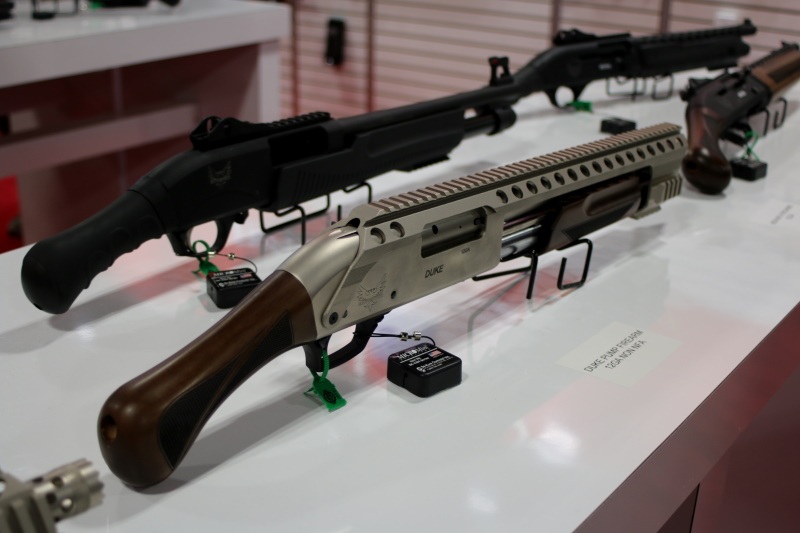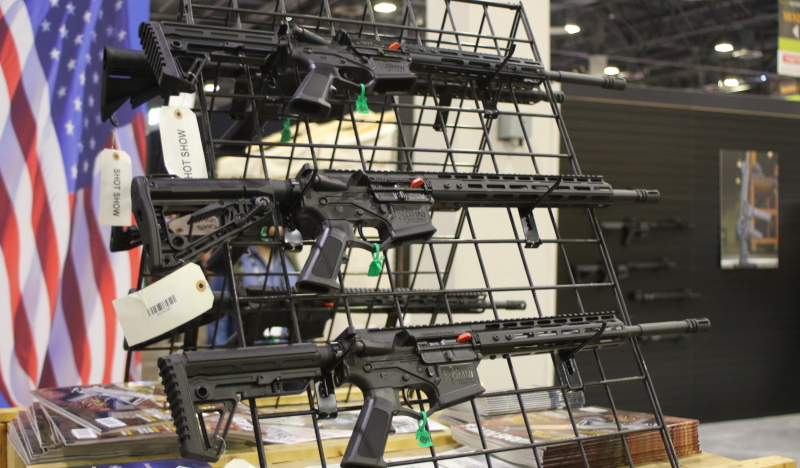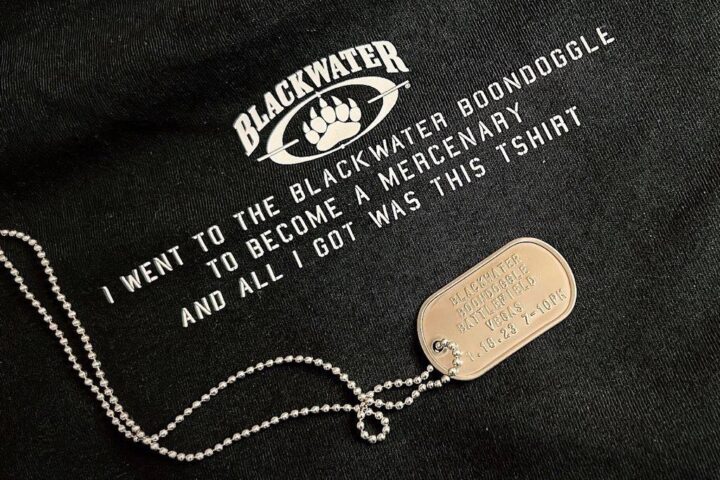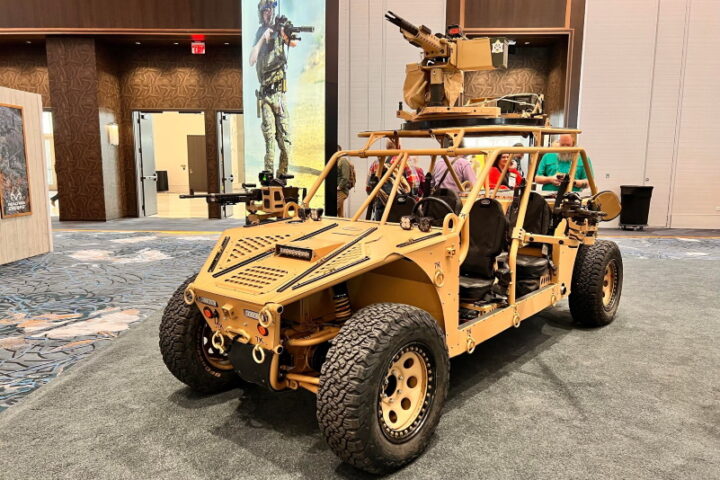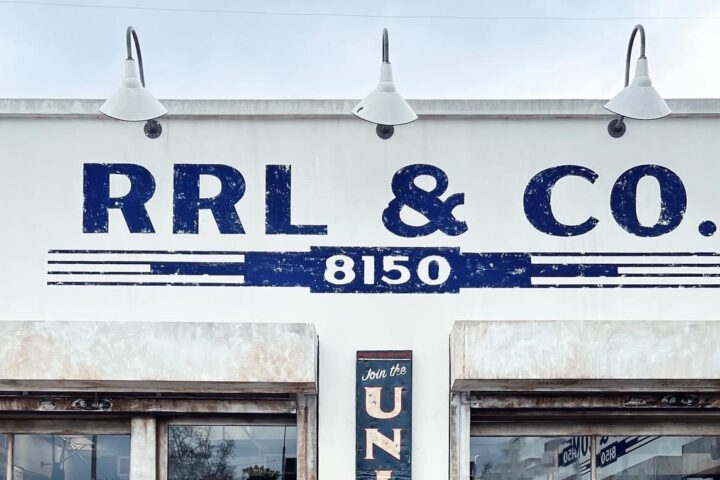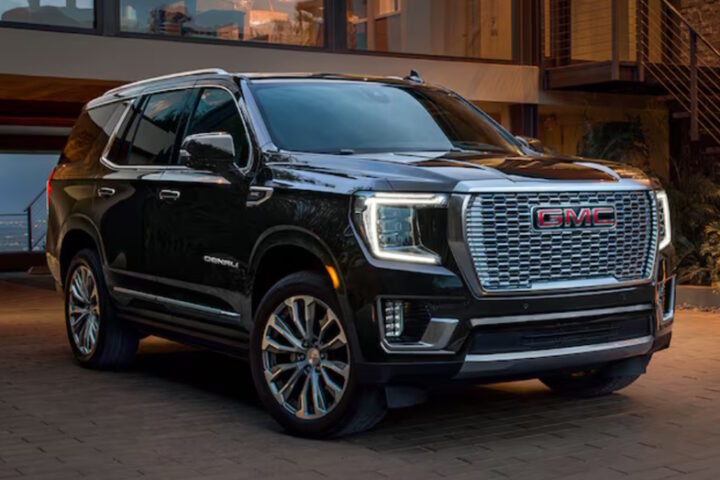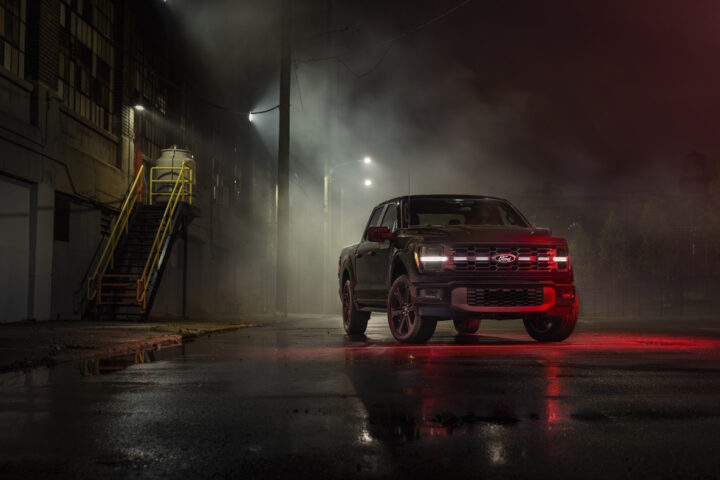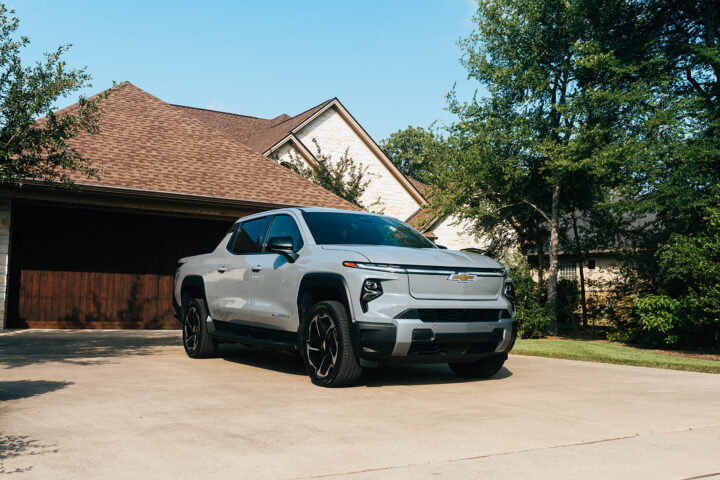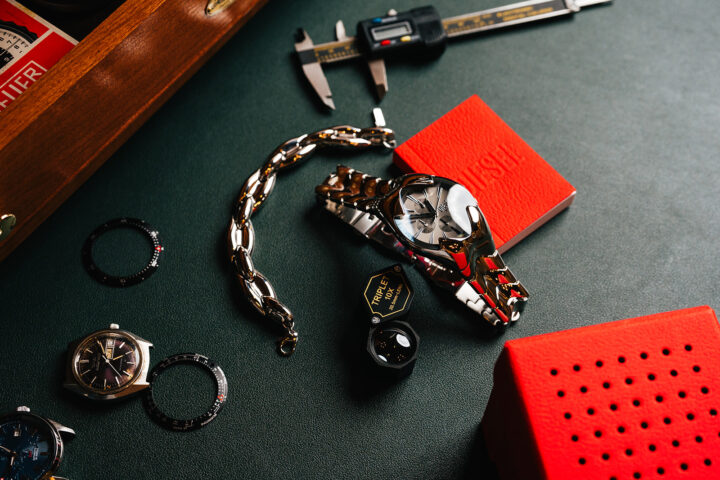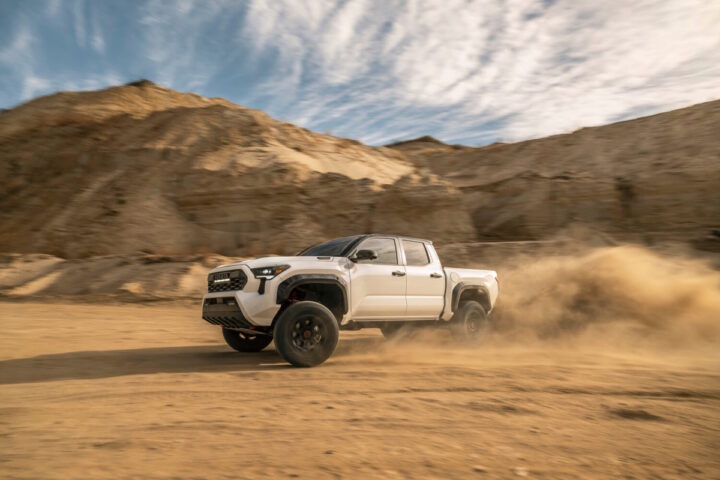by Michael Satterfield – 08/11/2020
So far, Americans have bought over 17 million guns in 2020, thanks largely to fears over coronavirus, political polarization, and waves of civil unrest. For many first-time gun buyers, the process was overwhelming, and sadly, many purchasers didn’t get any formal training before walking out of their local gun shop with their new firearm.
Countless friends and family members reached out to ask me about what kind of gun they should buy, what the laws were regarding carrying and transporting a firearm, and what kind of training they should seek out. In addition to being their go-to “car guy,” I have become their resource for firearm-related questions as well. As someone who grew up in a rural community, in Boy Scouts, and in the outdoors having a firearm has always been a way of life for me, while I have never been a hunter, I enjoy sporting clays and marksmanship. While not everyone needs to own a firearm, I believe most people would benefit from a better understanding of how they work and the process of responsibly owning them.
Regardless if you are looking for your first gun for home defense or sporting, there is a lot you should know before just showing up at the local gun store.
Why are you buying a gun?
Is your purpose in buying a gun for sport, hunting, or personal defense? A shotgun for skeet shooting isn’t generally the right weapon for home defense; this is why many gun owners have several different weapons. Like any other tool, guns are designed for specific tasks, so knowing how you plan on using your weapon is key to selecting the right firearm.
Your local gun store should be able to help you find the right gun for your situation, but I recommend you don’t buy a gun on your first trip to the store; take their recommendations and do some research once you get back home. I also recommend contacting your local range and seeing if they offer gun rentals so you can try out several different types of firearms before spending hundreds or thousands of dollars on a gun of your own.
For home defense, I like my CMMG Banshee 300 in 5.7X28mm, its compact size, forearm brace, and Holosun green dot sight make it perfect for a situation where you are indoors, plus it is a fun firearm at the range. This kind of firearm does require training and practice if you plan on using it effectively in an emergency situation.
Understanding the law:
Each state is different, but the basic process is the same in most states, select your firearm, paperwork, background check, etc… your local gun store retailer will walk you through the process. Also, there isn’t really a “gun show loophole.” The majority of gun show sellers are licensed firearm dealers and have to play by the same rules as your local retailer. Private sales in some states do not require a federal background check, but you also run the risk of buying a gun that might not be legal in your jurisdiction or may have been stolen. This is why I suggest buying from a licensed firearm dealer, it just gives you the added peace of mind of knowing your purchase was done the right way.
Some states, like California, have limits on the type of firearms and accessories that can be sold while others are less restrictive, make sure whatever you buy is legal in your state of residence. Depending on where you live you might not be able to bring your firearm home with you right away, while states like Texas, Nevada, and Michigan let you take your gun home the same day. Others, like Florida and California, have waiting periods ranging from three to thirty business days, depending on the type of firearm you are buying.
You will be required to have an FBI background check, after filling out form 4473, your information will be submitted, it should take just a few minutes. Make sure you fill it out correctly as lying on a 4473 is a felony. It shouldn’t have to be said, but you cannot legally purchase a firearm for someone else, participating in a “strawman purchase” can land you jail. In some states, like Texas, if you are a holder of a License To Carry (LTC) you no longer have to do the background check with every purchase.
Online shopping:
We do live in the internet age and you can legally purchase firearms online. No, the Amazon truck doesn’t drop your new gun off with your monthly shipment of toilet paper and toothpaste, but instead, your firearm is shipped to your local Federal Firearm Licensee, usually your local gun store. Once it arrives, you still have to do all the paperwork and background check, and there might be an additional fee for handling your gun as a special order. My local retailer, Black Cactus Armory, has received firearms for me several times, and the process is very simple.
Storing, transporting, and carrying your new firearm:
You just got your new gun, a holster, and all the accessories, you are a freshly minted new gun owner! But, you just can’t slap your gun on your hip and start roaming the streets like John Wayne in The Shootist. Each state has its own regulations about how you can carry and transport your firearm. As of when this was written, Alaska, Arizona, Arkansas, Idaho, Kansas, Kentucky, Maine, Mississippi, Missouri, New Hampshire, North Dakota, Oklahoma, South Dakota, Vermont, West Virginia, and Wyoming do not require a permit to carry a loaded concealed firearm if you are resident and a legal gun owner.
Other states and territories are defined as “Shall Issue” or “May Issue” meaning you are required to have a permit to concealed carry your firearm. Simply because your state “May Issue” a permit to carry doesn’t mean you are going to get one, states like Hawaii and New Jersey are effectively no-issue as obtaining a permit can be very difficult.
Even within a state many counties and even cities have their own restrictions, such as the City of New York which make it nearly impossible for your average citizen to obtain a permit, is a stand out in the state of New York which largely operates as a “shall issue” state in more rural counties. Your local gun shop will help you understand the laws and likely will offer a License to Carry class. If you do take a course and obtain a license, it is up to you to understand where you can legally carry your weapon.
Transporting your firearm in your car also has a number of restrictions, in some states you must have your gun in a locked compartment separate from the ammunition, while in others you can carry it loaded in the glovebox. Gun owners are also responsible for making sure that their gun is secure and doesn’t fall into the wrong hands at all times. Recently I installed a Console Vault in a vehicle for my brother-in-law so he can safely and securely store his sidearm in the car when he is on the road.
If you do make the choice to become a firearm owner, be sure to do your research and enroll in some form of firearms safety and marksmanship training.

